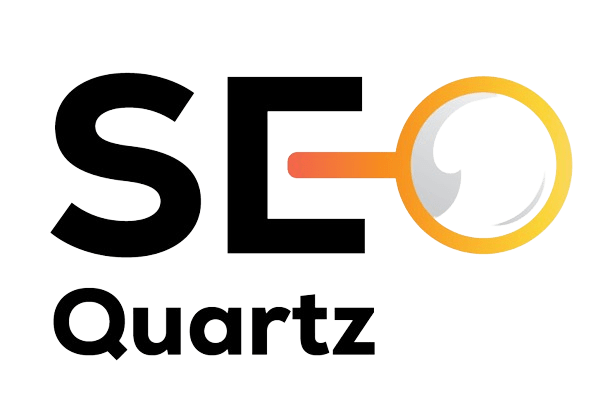How SEO Services Can Help Your Business Grow in 2026
What is Search Intent and Why Should You Care?
In the constantly evolving world of SEO, one foundational concept remains essential: search intent. Also known as “user intent,” this refers to the purpose behind a user’s online search. Are they looking for information? Trying to make a purchase? Comparing products? Understanding search intent helps you craft the right content for the right audience at the right time.
Today, more than ever, understanding search intent isn’t just about optimizing content it’s about predicting and meeting user needs. With the rise of AI and tools like predictive analytics, you can take your content strategy to the next level by delivering experiences tailored to what your audience wants before they even know they want it.
Types of Search Intent
There are four main types of search intent. Understanding each can guide your keyword strategy and content development:
1. Informational Intent
Users want to learn more about a topic. Example: “how to optimize my website.”
- Content Types: Blog posts, how-to guides, tutorials, explainer videos.
2. Navigational Intent
Users are looking for a specific website or brand. Example: “SEO Quartz website.”
- Content Types: Branded pages, service listings, and about us pages.
3. Transactional Intent
Users are ready to make a purchase. Example: “buy SEO service package.”
- Content Types: Product pages, landing pages, service pages.
4. Commercial Investigation
Users are comparing options before making a decision. Example: “best SEO agencies in the U.S.”
- Content Types: Comparison articles, reviews, case studies.
Why Search Intent is Crucial in 2025 and Beyond
With AI-driven algorithms and search engines using natural language processing, it’s no longer enough to stuff a page with keywords. Search engines want to show users the most relevant result—and that means understanding and matching search intent precisely.
Here’s how:
- Better Rankings: Google rewards content that satisfies user intent.
- Higher Engagement: If your content answers the user’s question, they stay longer.
- Improved Conversion: Meeting intent means you’re giving the user exactly what they need—and they’re more likely to convert.
Aligning Search Intent with Predictive Behavior
Thanks to tools like predictive analytics, you can anticipate user actions. Imagine publishing content before a trend even spikes—you become the go-to source. Predictive SEO is the new game-changer in content strategy.
Search Intent in PPC Campaigns
Search intent is not just for organic content—it’s also the backbone of effective PPC strategy. When you understand the exact stage of the buyer’s journey your keyword targets, your ads become much more effective. Learn more from our blog on PPC management for local and e-commerce brands.
Example:
- A search for “cheap SEO services” indicates transactional intent.
- A search for “what is SEO” indicates informational intent.
Only one of these is worth bidding on if you’re selling a service.
The Power of Intent in White-Label SEO
If you’re a digital agency, matching your client deliverables with correct user intent at scale can be a challenge. That’s where our white-label SEO services come in. We optimize content and campaign strategies based on in-depth intent analysis, allowing you to serve your clients better without adding to your team.
How to Optimize Your Website for Search Intent
Here are some quick steps:
- Analyze Your Target Keywords: Determine the likely intent behind them.
- Map Keywords to Content Types: Align each keyword with the right kind of content.
- Structure for Easy Navigation: Ensure that visitors can quickly find what they’re looking for.
- Use Clear CTAs: Match the CTA (Call-To-Action) to the user’s stage of intent.
Final Thoughts
Understanding and optimizing for search intent is no longer optional in 2025—it’s essential. As Google, Bing, and AI-powered engines evolve, relevance will matter more than ever. Businesses that want to future-proof their digital presence need to go beyond keywords and deeply understand what their users want.
At SEO Quartz, we specialize in creating intelligent, intent-driven strategies that deliver real ROI. From predictive analytics to white-label execution, we align every campaign with the user’s journey.
FAQs
What is the difference between search intent and keyword targeting?
Keyword targeting is about using the right words; search intent is about understanding why a user is searching in the first place.
Can search intent change over time?
Yes. As user needs evolve, the same keywords may reflect different intents. Regular content audits help stay current.
Why is search intent important for SEO in 2025?
Because search engines now prioritize content that satisfies user needs, not just keyword matches. It impacts rankings, bounce rates, and conversions.
How can small businesses get started with intent-based SEO?
Start by segmenting your keywords by intent and creating content to match. SEO Quartz can help guide and execute your strategy effectively.
 info@seoquartz.co
info@seoquartz.co
 +1 (276) 739-9962
+1 (276) 739-9962










